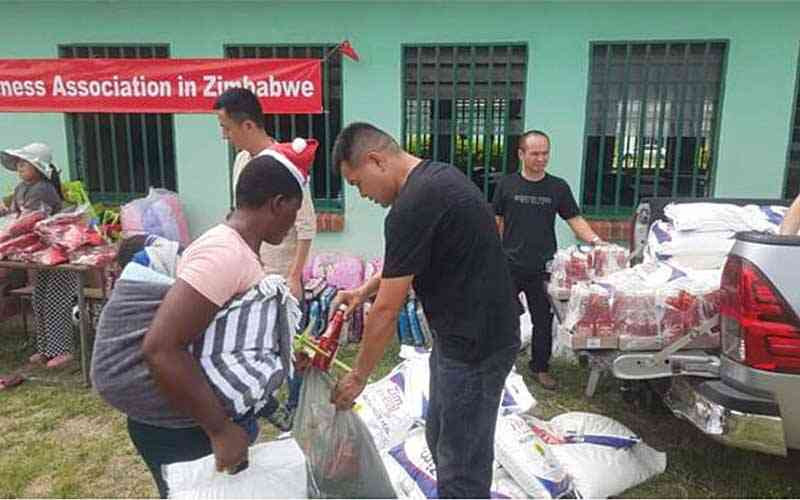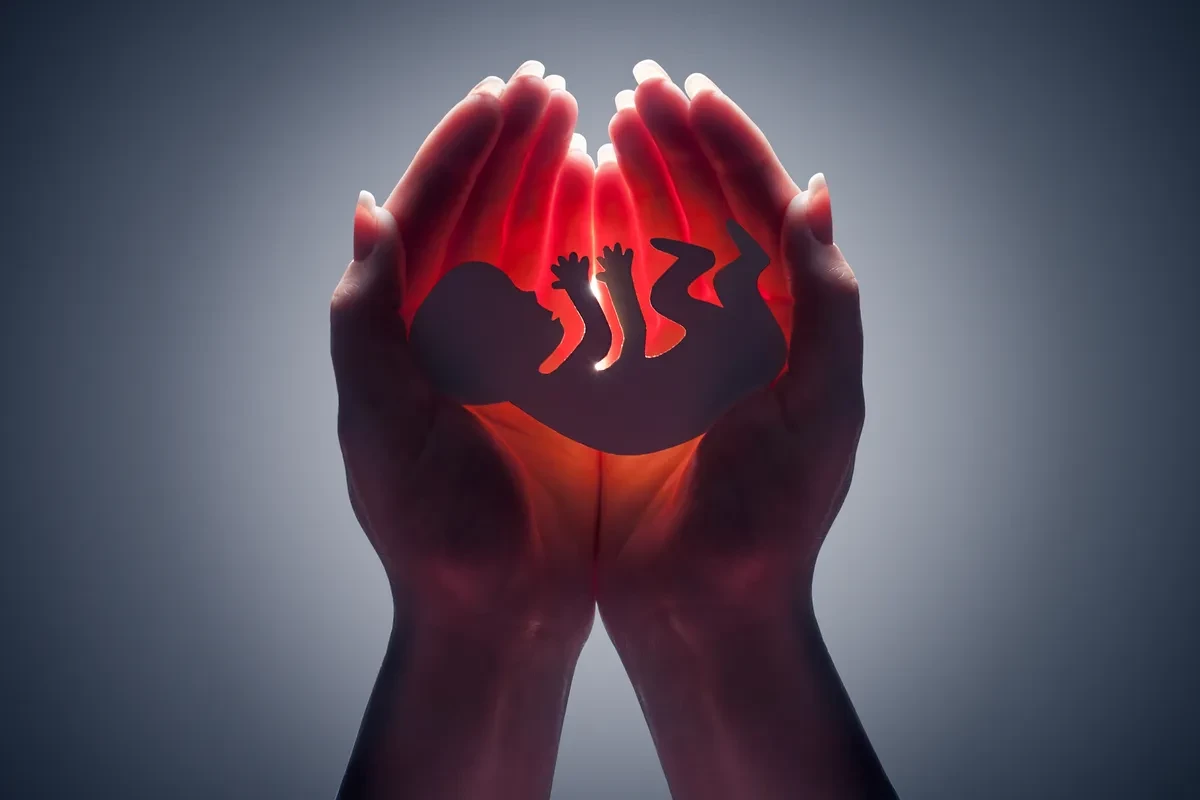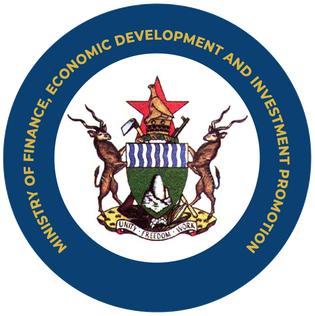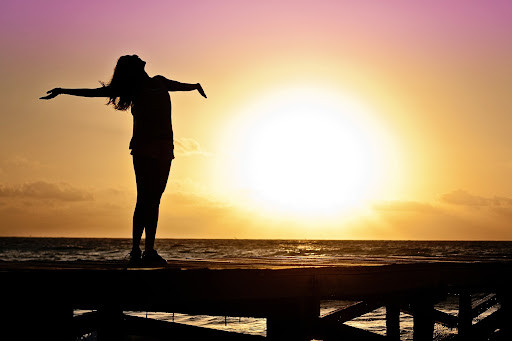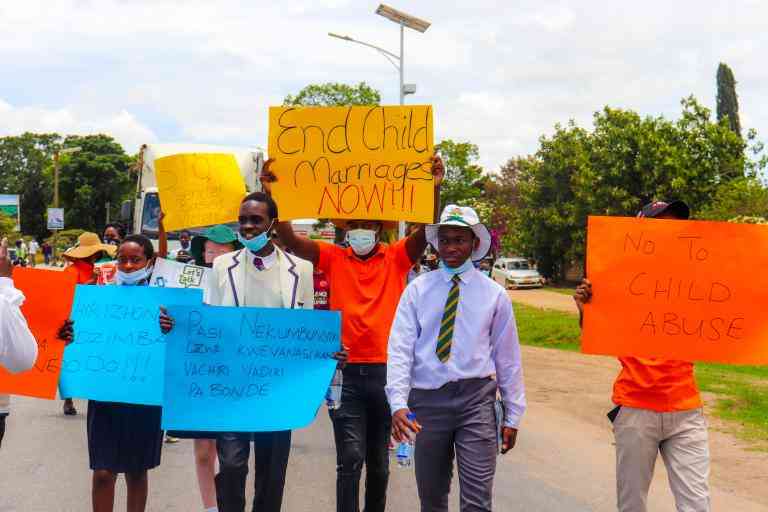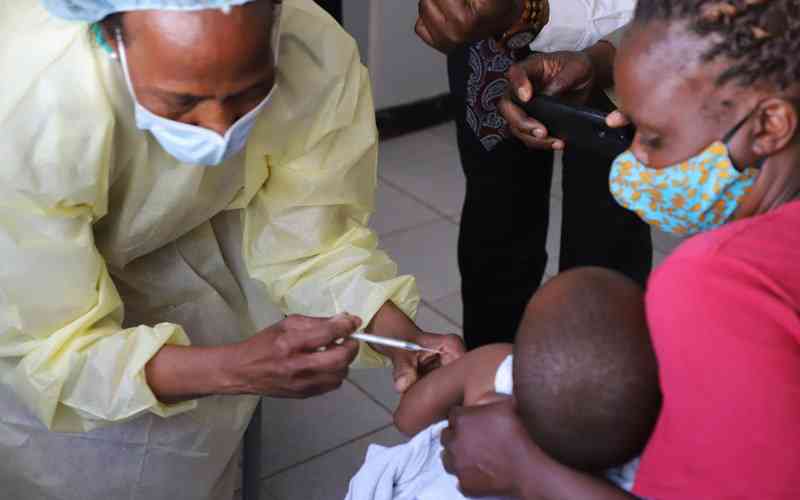
The African health delivery systems have a long history, deeply embedded in cultural norms, ethnic fusion and orientation, religious and traditional beliefs, including the dominant health delivery system.
The continent is at crossroads in terms of convincing the world about the sustainability of its health status and appropriacy.
Many traditionalists and religious practitioners have chosen the social media as a medium of advertising their wares, especially herbal medicines that will have by-passed stringent quality control.
First, the continent is a victim of stolen medicines, repackaged in the West as theirs, second, Africa has contradictions about its traditional health systems while thirdly, the hospital is not always their first choice or port of call.
It is an afterthought, after the patient would have sought divine intervention and traditional practitioners (formerly witch doctors) without success.
Currently is it disturbing or a relief that, social media has become a clinic, a lying or a connecting tool, awash with all sorts of medicines.
Social media is now a leading health marketing tool because of its easier access and lack of costs. No consultation fees involved; everyone is a health expert notwithstanding any adverse side effects involved.
The challenges that Africans face, especially men are historical, culturally and constructed. Deeper cultural beliefs, norms, worldviews and social orientation (socialisation) also contribute to healthcare challenges faced by Africans.
- Take DNA test: Mphoko’s wife challenges Siqokoqela
- Collapsed Zimbabwe health sector makes fresh international headlines
- The dark side of social media platforms
- Feature: Poverty fuels Zim’s child sexual abuse
Keep Reading
Africans (men and women) suffer from the split-personality syndrome, in terms of what to believe in, religion or spirituality, hospitalisation or traditional belief systems. Many Africans would choose to believe in all the above and expect everything to work while a few would either choose to be traditionalists, religious or spiritual and hospitalisation. Counselling in African setting is not the scientific one that we currently practise, it is about orders being given by elders and one must comply.
Diversities of masculinity in the African settings. Stereotypes especially as attributed to men, they are negatively connoted as in, men don’t cry, men don’t show pain, it’s a sign of weakness, men should always be strong hence they should fight on and on. In this regard, men will always suffer in silence without seeking health services until the situation gets out of hand that’s when they will be taken to hospital against their will. Due to the imposed and constructed norms on men, they suffer silently on issues of mental health.
Africans are not aware that by continuing to bottle up their health problems they end up suffering from stress and mental health issues. Every health condition in an African setting has a causer, its either they have been bewitched or something. The hospital is the last port of call by Africans after they have tried the men of God and traditionalists. Africans find divine intervention or consulting traditionalists cheaper than going to the hospital.
As a result, these practices by Africans threaten their mental health, the relevance and role of climate change has been under reported, let alone sufficiently researched. It appears as if it is a taboo to talk about how climate change impacts human health.
A close analysis of displaced communities, due to climate-driven natural disasters like cyclones, droughts, destructive floods and extreme weather events reveal that people are not always free to talk about mental health issues.
The Africans traditional belief systems, cultural norms, religious beliefs and worldviews, contributing to Ubuntu/African humanism, are all threatened by climate change while the practice of seeking medical intervention is not part of their DNA.
Africans would rather choose to be secretive and suffer in silence until they are no longer in control of the situation, that is when they go to the hospital when it is too late. For these reasons, that is why there are many cancer-related deaths, mental health issues and other neglected ailments and the social media has seized the opportunity to deceive or save lives.
Without taking anything away from African communities and their contributions to global knowledge, anything that has to do with mental instability and disorientation, is viewed through witchcraft lenses, myths and superstitions.
Knowledge, education and awareness on mental health issues should be ongoing and inclusive of everyone in society. Decolonising the mental health issues is key so that mental health is visualised through health and wellbeing lenses rather than spiritual or traditional/witchcraft lenses. Africans need not to be secretive when it comes to life-threatening ailments, information sharing is key. Faith in medical institutions should be invested in Africans especially with issues of technological advancement coming into play.
New media technologies such as social media platforms should be used properly and make it possible for Africans to come up with men or women’s groups, make it possible for them to interact at the same level as peers and share troubling health issues.


